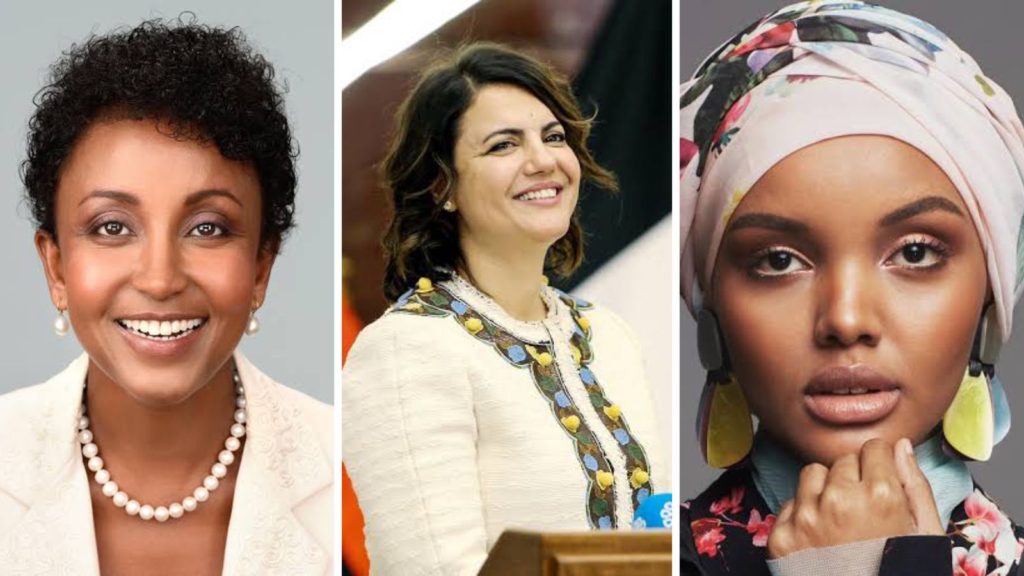When it comes to women’s empowerment these days, everyone seems to be on board. After years of marginalization and trivialization of the roles and capabilities of women, we’ve finally witnessed a surge in the acknowledgment of women in many fields. We’ve watched women from all over the MENA region shine, and not just in the places they’re expected to thrive. Their names found a place in the most influential of lists.
The BBC has revealed its list of the 100 most influential and inspiring women around the world for 2021. It came as a testament to women’s often-undermined potential. And, four Arab women made it to the BBC’s list, further emphasizing their effective role in society.
“This year 100 Women is highlighting those who are hitting “reset” – women playing their part to reinvent our society, our culture and our world.” This is how the BBC chose to introduce the women they were proud to call influential, not just in their countries, but the whole world.
In recognition of these influential women who refused to call it quits; who were adamant enough on making a change in the world, no matter how many times they were doubted and taken lightly.. we’ve decided to talk more about them. Because indeed, they are considered epitomes of dedication, perseverance, and hard work.
Jamila Gordon -Somalia
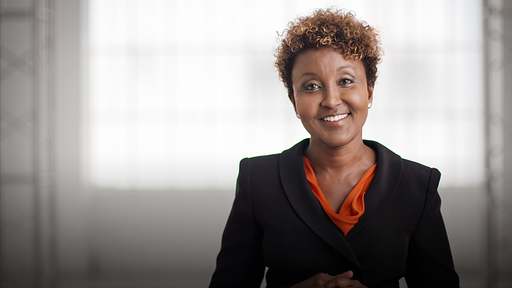
A pioneer in the world of artificial intelligence, Jamila Gordon is an entrepreneur and the founder of the global Lumachine platform that uses artificial intelligence to connect disrupted links in global food supply chains. After escaping the Somalian Civil War at the age of 18, she went to Kenya, before moving later to Australia, where she received a degree in IT from the La Trobe University.
Jamila was awarded the Microsoft Global Award in the International Women’s Entrepreneurship Race back in 2018. She was given the name “Innovator of the Year” in Australia and New Zealand in 2021 in the field of artificial intelligence.
Najla Mangoush – Libya
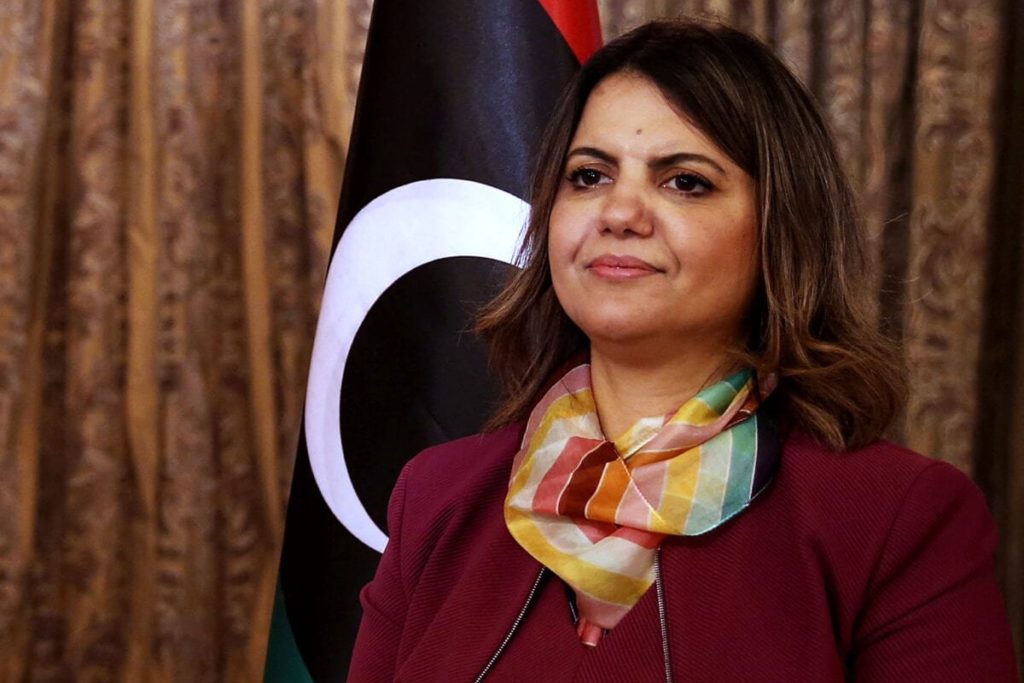
Libya’s Foreign Minister Najla Mangoush became the first woman to hold a cabinet position in Libya when she was chosen to fill the position in the national unity government headed by Abdel Hamid Al-Dabaiba.
She is also a law professor, and an MA holder in criminal law; Mangoush has also done a master’s in Conflict and Peace Management from Eastern Mennonite University, and holds a Ph.D. in Conflict and Peace Management from George Mason University, USA. During the Libyan revolution in 2011, she joined programs aimed at achieving peace.
Iman Lockyer – Egypt
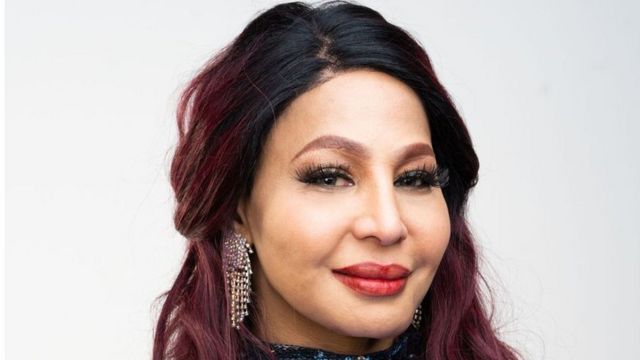
Director of Arab Relations and Board Member of TransEmigrate European Organizations, Iman, who’s a transgender herself, is the founder of Trans Asylias, which aims at “relocating transgender asylum seekers to countries that welcome them” as well as providing them with moral support.
Halima Aden -Somalia
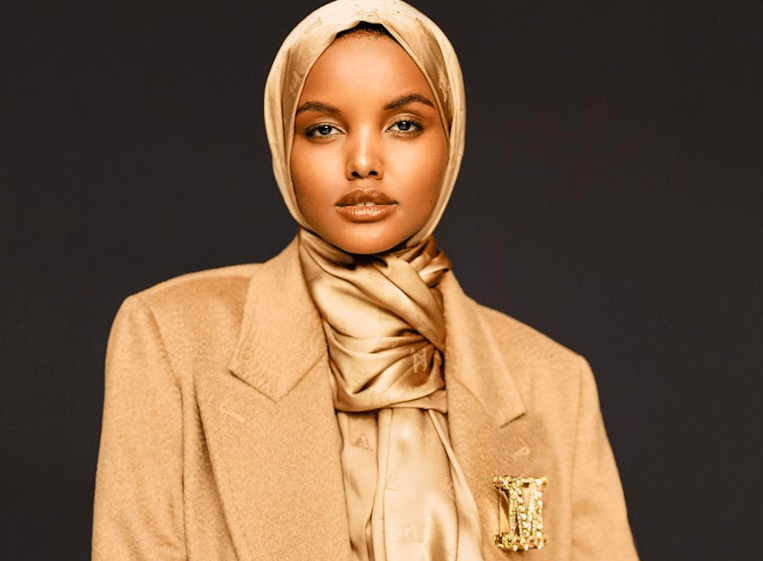
Halima Aden is a Somali-American fashion model. She is considered the first hijabi woman to partake in the Miss Minnesota USA pageant, where she was a semi-finalist. Additionally, Aden was the first hijabi to appear on the cover of British Vogue and Allure, and the annual swimwear edition of the US magazine Sport as well.
She is an activist in the field of Muslim women’s awareness and visibility and was a UNICEF Goodwill Ambassador for the rights of Muslim Children.


